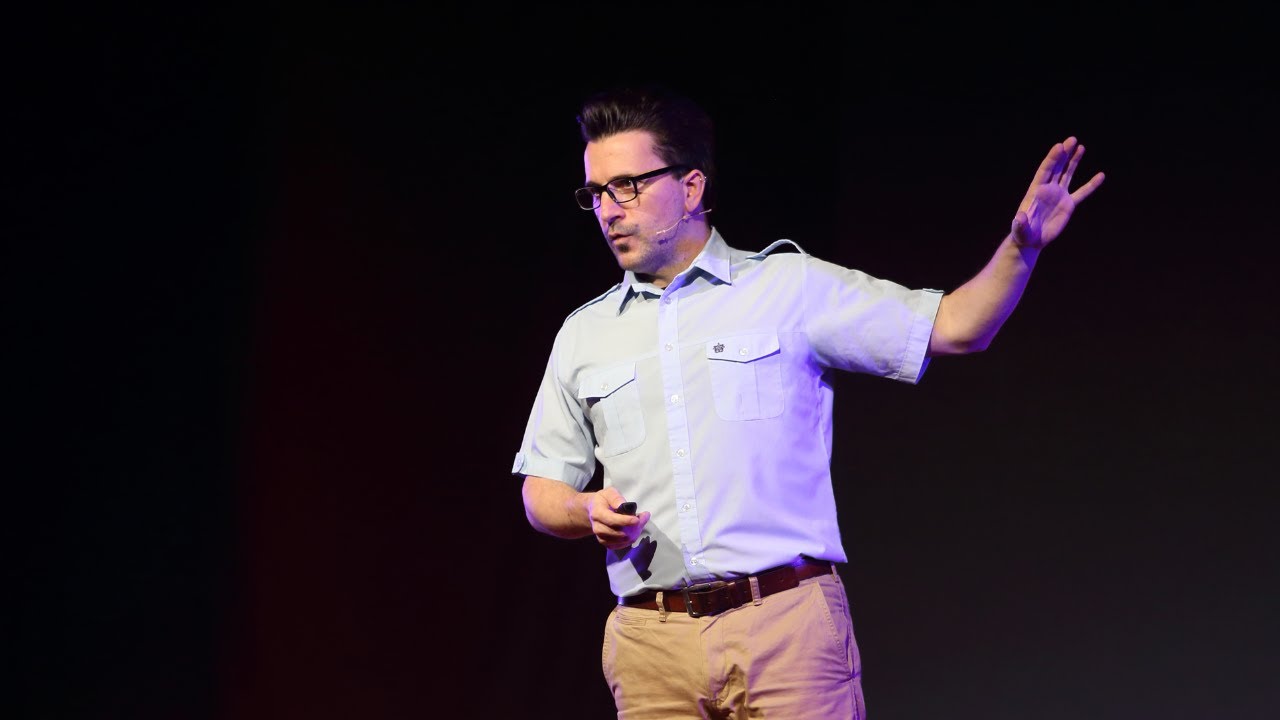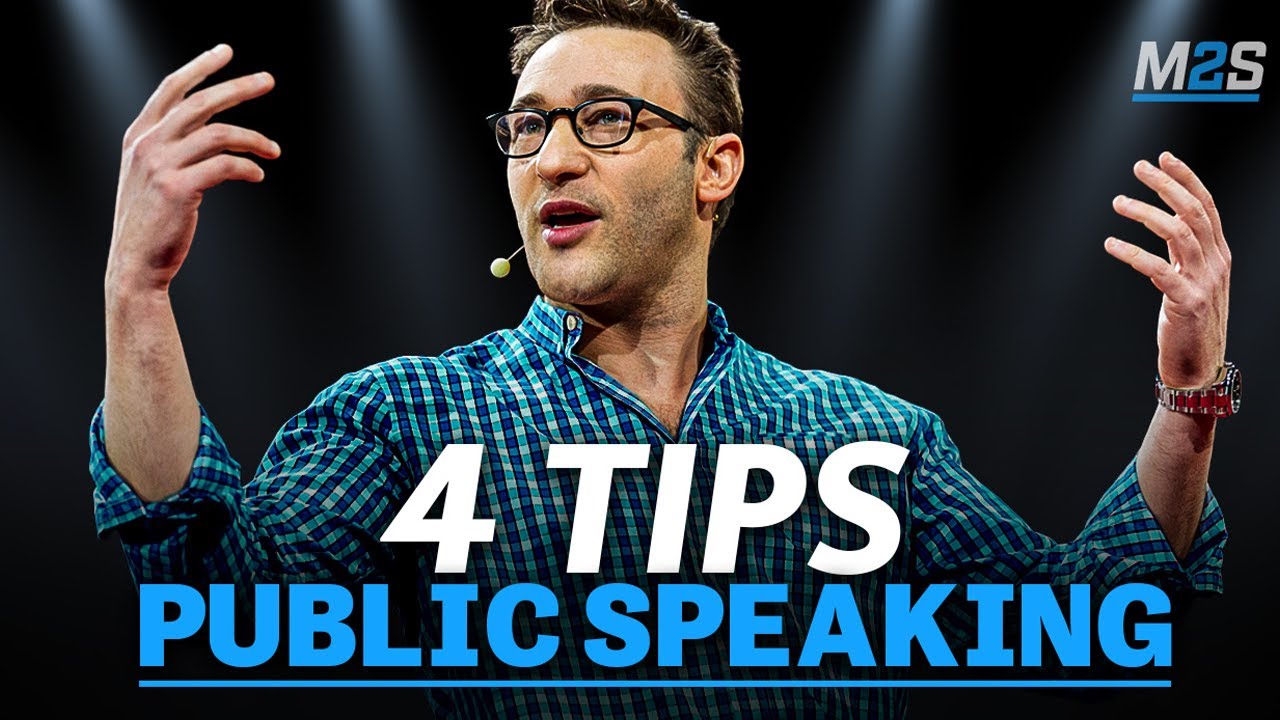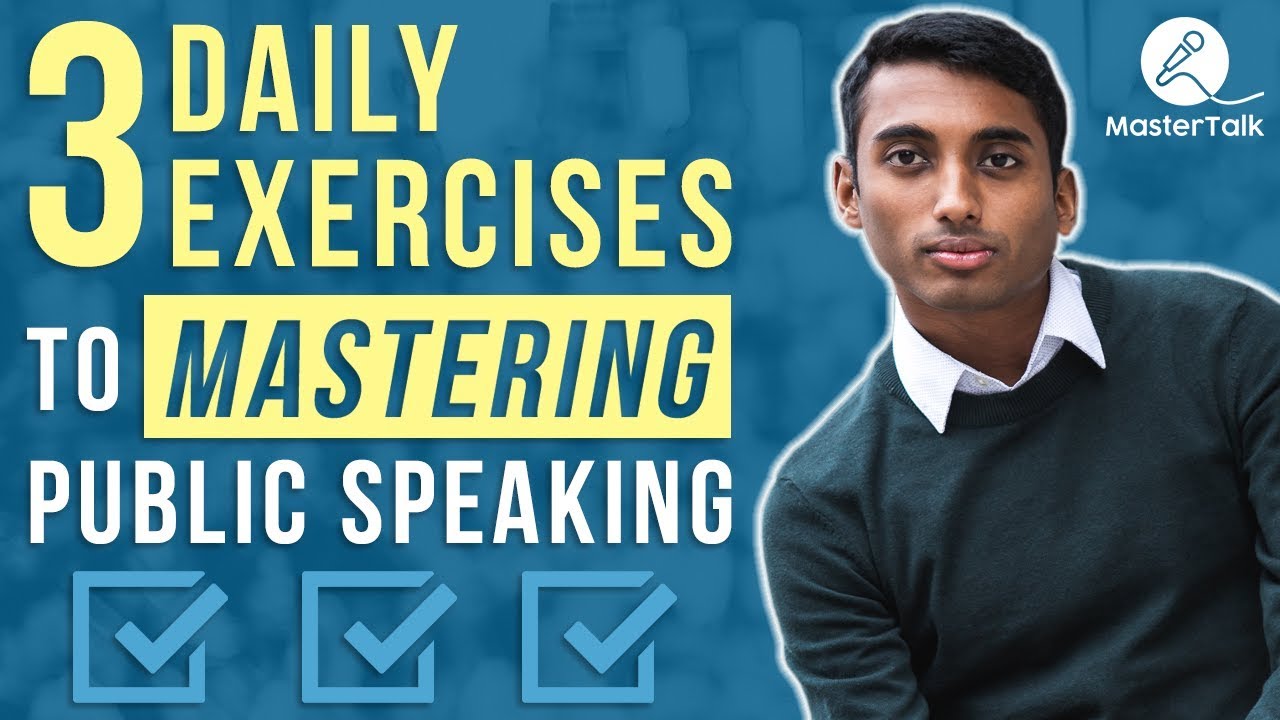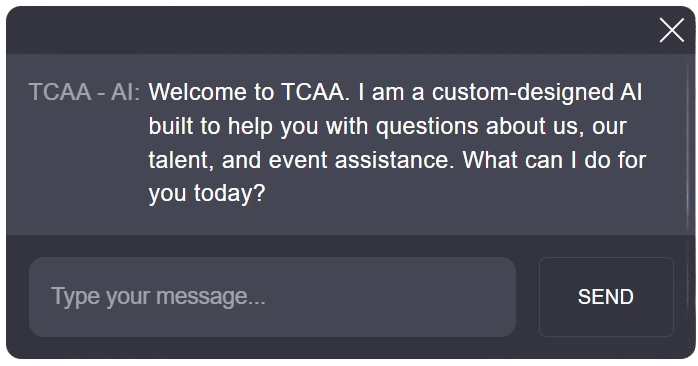In a world increasingly driven by impactful communication, professional speaker training has emerged as a vital resource for those looking to make their mark on stage. This masterclass offers aspiring speakers the tools, techniques, and insights necessary to not only capture but also hold the audience’s attention. Through structured training, budding speakers can refine their delivery, bolster their confidence, and carve out a resonant brand amidst the increasing noise of public speaking.
The art of effective speaking is no longer a luxury but a necessity. Whether you aim to motivate, educate, or entertain, mastering the skills of oration is crucial. With proper professional speaker training, aspiring speakers can transform forgettable speeches into memorable experiences, pushing beyond mere words. As we dive into the essentials of this transformative training, consider how your journey from an aspiring speaker to a compelling voice can begin today.

Top 7 Essentials of Professional Speaker Training
Achieving success as a professional speaker requires more than just passion; it demands a strategic approach infused with best practices honed over time. Here, we explore seven key components of professional speaker training that can dramatically elevate an aspiring speaker’s effectiveness and marketability.

1. Crafting a Compelling Narrative
The foundation of any great speech lies in the story it tells. Storytelling expert Nancy Duarte illustrates that intertwining personal anecdotes with universal themes often creates an emotional bond with the audience. Training programs zero in on structure—teaching speakers how to build a narrative arc that draws listeners in from the first word.
Think of how Martin Luther King Jr. captivated audiences with his famous “I Have a Dream” speech. He didn’t just present facts; he painted a vivid picture that ignited hope. Learning to formulate narratives like this can help you connect deeply with your audience from the jump.

2. Mastering Body Language
Effective communication extends beyond words, and body language plays a crucial role in how messages are received. Professional speaker training teaches participants to harness their physical presence—emphasizing gestures, posture, and facial expressions. For instance, TED speaker Amy Cuddy found that adopting ‘power poses’ can boost confidence and potentially enhance your overall performance.
Picture a speaker on stage, arms crossed tightly, head down—a surefire way to disengage an audience. Alternatively, imagine walking confidently, making eye contact, and using open gestures. Mastering body language can be the difference between a lukewarm reception and a standing ovation!
3. Developing Vocal Variety
One common mistake aspiring speakers make is overlooking the vocal element of their presentations. Training emphasizes modulation, pace, and tone—creating an engaging auditory experience. Think of Simon Sinek, who masterfully uses vocal variety to emphasize key points, maintain audience engagement, and convey passion, ultimately enriching his message.
A monotonous voice can put even the brightest topic to sleep. Instead, picture elevating your pitch during an exciting tale and dropping it during a poignant moment. This skill isn’t just for drama students; every speaker can benefit from unlocking the full range of their voice.
4. Understanding Your Audience
Tailoring content to specific audiences is vital for effective communication. Professional speaker training digs deep into audience analysis, helping speakers resonate with diverse groups. A great example is Brené Brown—she expertly adapts her content to connect with various listener profiles, no matter their background.
The key here is research. Understanding your audience’s demographics, interests, and preferences can elevate your message from average to extraordinary. Remember, it’s not about what you want to say; it’s about what your audience needs to hear.
5. Utilizing Visual Aids Effectively
Visuals can enhance learning and retention when used thoughtfully. Training programs instruct speakers on leveraging visual aids—such as slides, infographics, and videos—without overshadowing the spoken word. Consider Hans Rosling, who integrated rich visuals into presentations, demonstrating how visual storytelling could significantly elevate the impact of a speech.
Using visuals doesn’t mean drowning your listeners in text. Instead, think of compelling images that evoke emotions. A picture speaks a thousand words, so make sure your visuals sing alongside your speech!
6. Handling Q&A with Confidence
The question-and-answer segment can often be the most intimidating for many speakers. Through comprehensive professional speaker training, speakers learn strategies to manage queries effectively. Techniques like active listening and paraphrasing for clarity can ease this tension—just like Oprah Winfrey, who effortlessly engages her audience during interviews.
When someone asks a tough question, it can throw you off balance. However, practicing these techniques means you’ll be able to navigate through uncertainty with grace, ultimately enhancing your authority as a speaker.
7. Building a Personal Brand
In today’s speaker circuit, having a distinct personal brand is paramount. Professional speaker training guides attendees in identifying their unique value propositions, enabling them to stand out from the crowd. Gary Vaynerchuk exemplifies this, effectively building his brand through social media and dynamic content creation, increasing visibility and speaking opportunities.
Your brand is what people remember about you. Whether it’s your themes, visuals, or even your posting style, make sure your personal brand tells your story distinctly and authentically.

The Impact of Professional Speaker Training on Career Development
Investing in professional speaker training doesn’t just sharpen your skills; it also opens doors to countless career opportunities. Many speakers discover that enhanced communication skills lead to better visibility in their industries. They can connect with broader audiences, bag speaking engagements, and develop invaluable networking relationships.
Moreover, successful speakers often find ways to translate their learnings beyond public speaking. They apply their communication prowess to leadership roles, workshops, or content creation. People like Marie Forleo take these skills to heart and apply them across various business ventures, showcasing the extensive value of strong speaking skills.
As we turn the page into 2024, professional speaker training remains a cornerstone for anyone aspiring to influence and inspire through speech. Participants in these masterclasses emerge as polished speakers and empowered individuals ready to share their stories with the world. Your journey doesn’t end with one speaking opportunity; it creates a foundation for lifelong growth, meaningful impact, and authentic connections through the beautiful art of speaking.
Ready to take the plunge? Look into professional speaker training and unleash your potential as a powerful communicator. From crafting narratives to mastering body language, these skills are just waiting to be developed. Let’s make your voice heard, one speech at a time!

Professional Speaker Training: Fun Trivia and Interesting Facts
The Basics of Professional Speaker Training
Did you know that the art of public speaking dates back to ancient civilizations? Aspiring speakers have a rich history to learn from, and professional speaker training is all about honing that craft. Whether you’re gathering tips on public speaking confidence or learning how to become one of those top keynote Speakers, the journey begins with understanding foundational techniques. Speaking of unique strategies, have you ever considered how often mortgage interest rates today can have an effect on audience engagement? Just like the fluctuations in rates, your delivery can alter the impact of your message.
Training doesn’t just involve the technical side; engaging event Speakers have their own flair that captivates audiences. Much like a well-mixed cocktail enhanced by aromatic bitters, the right balance of charisma and knowledge can elevate your presentation. An effective speaker captivates their audience, leaving them wanting more—reminds you of the last time you saw Dimple Kapadia commanding the screen, doesn’t it? Her charisma and presence serve as perfect examples for anyone stepping into professional speaker training!
Overcoming Challenges in Speaking
Now, while it may seem like the professional speaking business is all glam, it can come with its own trials. Have you ever seen that popular Mansplaining meme? It subtly highlights the challenges speakers face when seeking to balance authority with approachability. This is a significant aspect of speaker training; understanding audience demographics and how to communicate effectively plays a crucial role in that dynamic.
Professional speaker training includes various techniques for improving not just delivery but also audience connection. From storytelling to using visual aids, effective training can expand your toolkit. Fun fact: even a historical reference like the cast of The Man in the Iron Mask can serve as an engaging element in a speech, drawing parallels to leadership and mystery. By weaving such trivia into your presentations, you can foster an atmosphere where your audience feels connected and entertained!
So, whether you’re diving into practical tips or fun facts, remember that every piece of training enhances your skills. Embrace the learning journey, and who knows—you might inspire the next generation of speakers!

How do you become a professional speaker?
To become a professional speaker, you often need experience, a passion for your topic, and a solid message to share. It’s wise to start by honing your speaking skills, building a brand, and networking with other speakers or industry professionals.
How can I learn professional speaking?
Learning professional speaking can be done through workshops, online courses, or joining organizations focused on public speaking. Practicing in front of friends or at local events can also help you gain confidence and improve your skills.
How do you get certified in public speaking?
The National Speaker’s Association offers a Certified Speaker Program, which requires a rigorous application process. You’ll need to document 250 paid presentations, show earnings of at least $50,000 from speaking, and pay a $375 fee to apply.
What are the 7 P’s of public speaking?
The 7 P’s of public speaking are pronunciation, pace, pause, punch, power, passion, and posture. Mastering these elements can help you deliver a more engaging and effective presentation.
What is a typical speaker fee?
Typical speaker fees can vary widely based on the speaker’s experience, demand, and the event type. On average, speakers can charge anywhere from a few hundred to several thousand dollars per gig, with top speakers earning much more.
How much do TED Talk speakers get paid?
TED Talk speakers typically do not get paid for their talks. Instead, the experience and exposure gained from speaking at a TED event can lead to other opportunities that can eventually be monetized.
How do I start speaking professionally?
To start speaking professionally, consider sharing your expertise at local events, conferences, or workshops. Volunteering to speak can provide valuable experience and help you build a portfolio.
How can I start my speaking career?
Launching a speaking career often starts by identifying your niche or topic of expertise, honing your skills, and marketing yourself through social media, a website, and networking events.
How to become a public speaker and get paid?
To become a public speaker and get paid, focus on establishing yourself in a specific area, developing your speaking abilities, and finding opportunities through networking and marketing.
What qualifications do you need to be a public speaker?
While there are no strict qualifications needed to be a public speaker, having expertise or experience in your topic, as well as strong communication skills, can significantly boost your credibility.
Does public speaking pay well?
Public speaking can pay well, especially for experienced and in-demand speakers. Fees can range from fairly modest to quite substantial, depending on various factors like experience and audience size.
What is the best public speaking course?
The best public speaking course can vary by individual needs, but generally, courses that provide hands-on practice, feedback, and coaching are often highly valued by participants.
What are the 3 C’s of public speaking?
The 3 C’s of public speaking are clarity, confidence, and connection. Emphasizing these elements can help you engage your audience and convey your message effectively.
What are the 5 C’s of public speaking?
The 5 C’s of public speaking are clarity, confidence, content, charisma, and creativity. These components work together to enhance your overall effectiveness as a speaker.
What are the three golden rules of public speaking?
The three golden rules of public speaking are know your audience, keep it simple, and practice, practice, practice. These principles can help ensure your message resonates and is delivered effectively.
How much does the speaker get paid?
Speaker payments can vary based on experience, the event’s budget, and the speaker’s reputation. Always negotiate your fee to ensure it reflects your value and expertise.
How do I become a speaker with no experience?
You can become a speaker without experience by starting small, such as speaking at community events, schools, or workshops. Focus on building your skills and confidence over time.
Do you get paid to be a speaker?
While some speaking engagements are unpaid, many speakers do get paid for their work, especially if they have established themselves or are in high demand.
What degree do you need to be a speaker?
There’s no specific degree required to be a speaker, but having knowledge or expertise in your chosen topic area is crucial, along with strong communication and presentation skills.



















